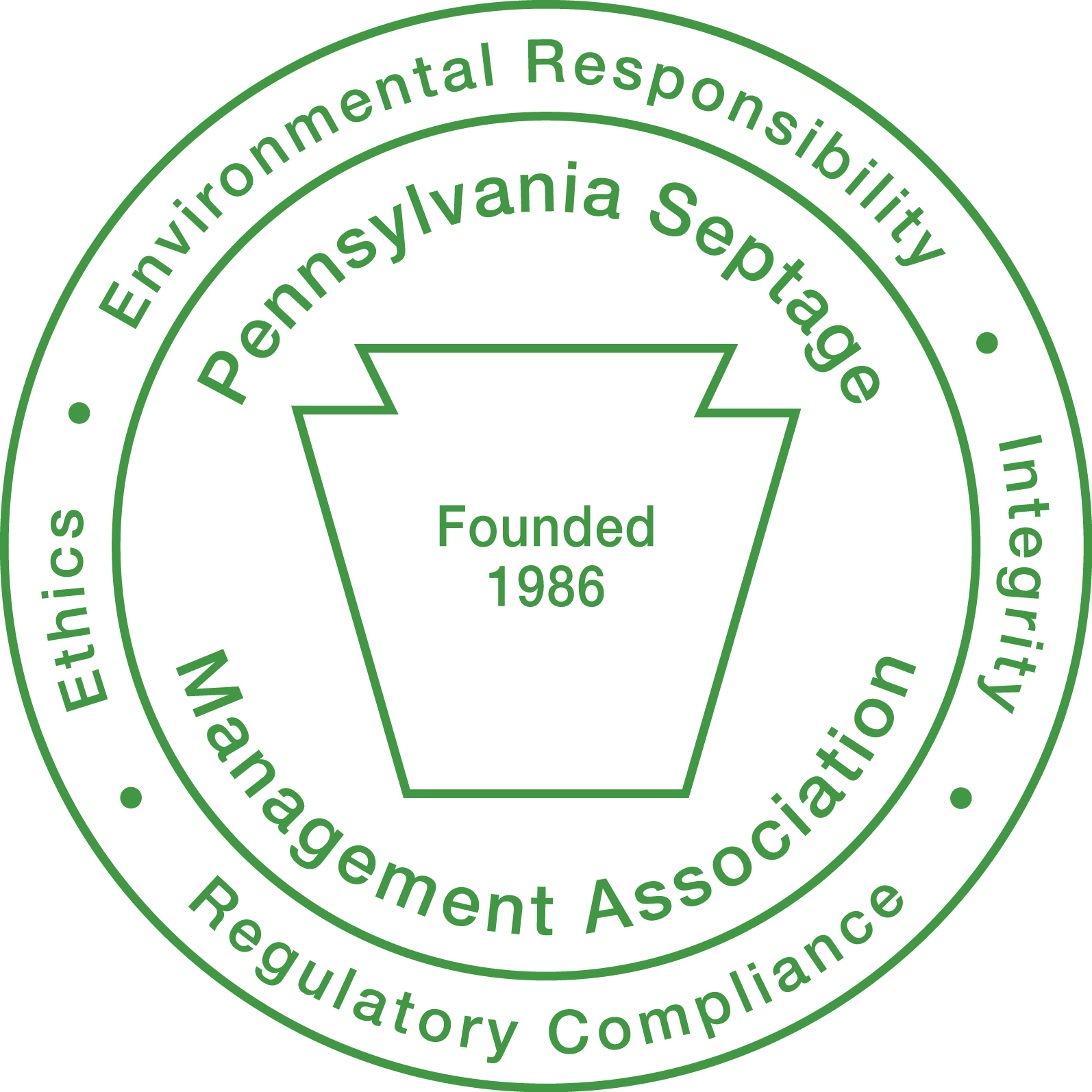PSMA Onlot Wastewater Treatment Inspection vs. A Regulatory Inspection
Often the question is asked; “Why did the local Sewage Enforcement Officer (SEO) state this septic system does not have a ‘Malfunction’ but the PSMA Certified inspector reported the system is ‘Unsatisfactory’ ”.
In most cases an SEO looks for a violation of the law.
A regulatory inspection does not evaluate the absorption area as to liquid level in the aggregate or take into account how much water is used on a daily basis.
The differences can be explained by the following analogy: If you were to go buy a car and want it to be legal, you would ask for a state inspection where it would be inspected to comply with state laws. But if you would like to know how good the car is, if there is much useful life to it, and are there any hidden problems not checked in a state inspection, you would have a mechanic inspect the car completely. A comprehensive inspection may reveal a slight engine knock, misfire or smoking exhaust, which are concerns of possible failure. The latter conditions are synonymous to the case when an absorption area (drainfield) is excessively saturated with wastewater.
Wastewater may not be rising to the soil surface causing a regulatory ‘Malfunction’ but when the crushed stones (aggregate) are full of liquid and sludge, it is only a matter of time until the liquid will discharge on the surface or create a backup.
Jurisdiction
During a Regulatory inspection, only the local agency SEO has jurisdiction in determining and enforcing a violation. When it comes to hiring a consultant to evaluate an onlot system for a real-estate transaction, the SEO is only allowed to conduct this
activity if the local agency has set it in the fee schedule. Even if it is in his fee schedule, it does not preclude others from performing that task.
Title 25 Chapter 72 – Environmental Protection Regulations
§ 72.41. Powers and duties of sewage enforcement officers.
(i) A sewage enforcement officer may not perform consulting or design work or related
services required or regulated under the act within the municipality or local agency by
which the officer is employed or with which the officer has a contractual relationship
unless the services are set in the fee schedule of the local agency, the fees are paid
directly to the local agency and the records and products relating to consultation or
design work are reviewed by and any subsequent permit is issued by another sewage
enforcement officer employed by or under contract with the same local agency.
In conversations with the PA DEP (central office) we have been told many times that there is no desire of the department to have SEO’s conduct inspections for real-estate transactions as part of their local agency duties.
A note about PSMA/ NOF inspection standards: These standards have not been produced by PA DEP or any other governing agency but they have been developed in co-operation with Penn State University, with SEO’s, and with other professionals in the industry. The Commonwealth courts, County courts, and Local courts have recognized them as the industry standard during proceedings with real-estate inspection issues.
PSMA members have been hired as expert witnesses in many of these court cases and can tell you that inspectors that conduct inferior or unproven inspection procedures, not an industry standard, do not do well in court.
(Please note: this document pertains only to Pennsylvania and may not apply to other states.)
